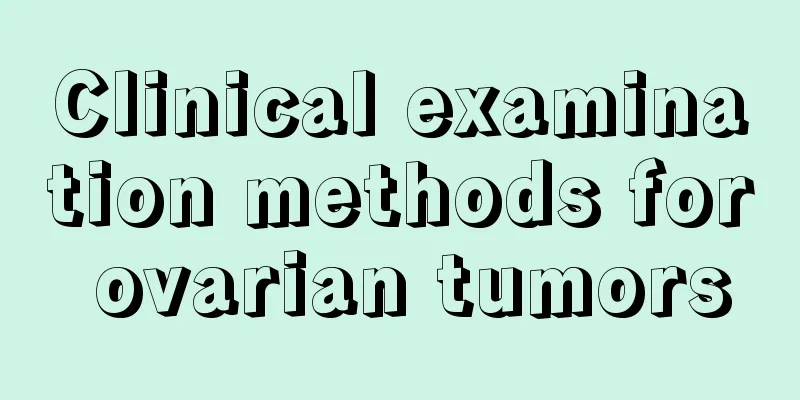What should I pay attention to after radiotherapy for esophageal cancer

|
After the radiotherapy for esophageal cancer patients is completed, the first thing to do is to ask the attending physician about the next treatment plan. The doctor will generally inform the patient or family members of the effects of radiotherapy and subsequent treatment plans. Second, after radiotherapy, esophageal barium meal radiography is generally required to observe whether the lesion is under control. If the lesion is not under control, local dose increase can be considered, and the radiography results can be retained as a baseline film for comparison during future reexaminations. Third, be alert to the occurrence of radiation mediastinitis. It is now recommended to accelerate the late course of radiotherapy for esophageal cancer. The reaction to radiotherapy in the late stage is often severe. Some patients gradually develop chest and back pain after the end of radiotherapy, which is most likely caused by radiation mediastinitis. At this time, antibiotics and appropriate amounts of hormones are needed to deal with the side effects of radiotherapy. Fourth, regular check-ups. After radiotherapy, when the local disease is under control, regular check-ups are necessary, usually every 3 months within 2 years, every 6 months within 3-5 years, and once a year after 5 years. Check-ups include X-ray barium meal angiography, chest anteroposterior and lateral films, abdominal B-ultrasound, electrocardiogram, blood routine, etc., and gastroscopy and chest CT scans if necessary. Fifth, no matter which hospital you go to for radiotherapy, when it is over, you must ask the doctor in charge to write a treatment summary, clearly stating the dose of each treatment, the number of radiotherapy sessions per week, the total amount of radiotherapy, the size of the irradiation field, the boundaries of the irradiation field, whether the radiotherapy went smoothly, what problems occurred during the radiotherapy, and how the doctor handled them, so as to facilitate reference during later treatment. |
<<: Which type of esophageal cancer is most effective for chemotherapy
>>: Clinical manifestations of rectal cancer
Recommend
What are the symptoms of advanced pancreatic cancer in patients
The symptoms of pancreatic cancer in the late sta...
Symptoms of prostate cancer with lung metastasis
Symptoms of prostate cancer with lung metastasis....
What is the best drink with Kuding
Kuding tea is also a relatively common tea. Its o...
How to check for rectal cancer
Due to the influence of various unhealthy eating ...
How to quickly solve diarrhea
In summer, if we eat something unclean, it can ea...
What is the cause of low back pain after chemotherapy for breast cancer?
What causes low back pain after chemotherapy for ...
There is a hard bump on the head like a bone protrusion
There is a hard lump on the head like a bone prot...
What are the advantages and disadvantages of interventional treatment for liver cancer? Detailed description of the advantages and disadvantages of interventional treatment for liver cancer
Interventional treatment of liver cancer is a min...
There is no taste in the mouth and the nose can't smell anything
We all know that the mouth can taste the flavor o...
Where does sperm come from?
Anyone who has learned relevant knowledge knows s...
What are the early symptoms of cervical cancer? How to diagnose cervical cancer in its early stages?
Clinical symptoms and diagnosis methods of cervic...
Coughing up some blood
The phenomenon of coughing up blood is clinically...
Five ways to solve poor sleep quality
What should you do if your sleep quality is poor?...
Ten foods that enhance skin elasticity
1. Broccoli It is rich in vitamin A, vitamin C an...
My head feels tight
The feeling of tightness in the head is likely ca...









